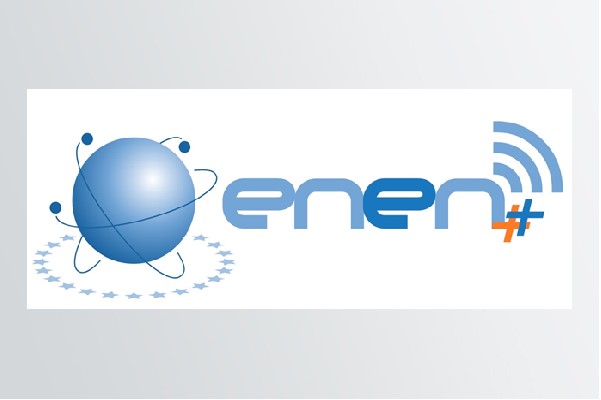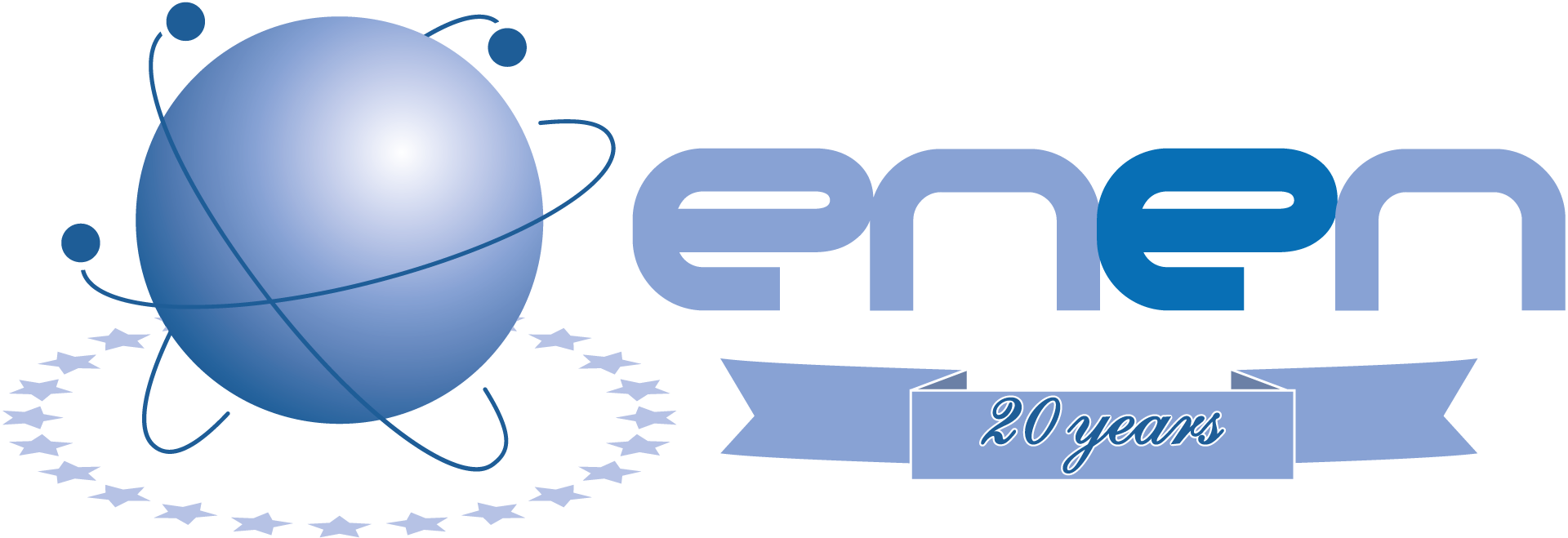Position papers
The position paper can be downloaded from here.
The following priority activities are proposed based on the experience of ENEN and its members in very successful nuclear education and training (E&T) actions within Framework programmes of European Commission and activities within the member states:
- The mobility with facilitated access to the research infrastructures is an important part of guided career development of highly specialized students and young professionals for their future careers in multidisciplinary and multicultural environments.
- The 5% rule in the H2020 EURATOM projects is an excellent tool to stimulate the E&T within the narrowly specialized research and expert communities involved in particular projects.
- Attract new talents.
- Develop strategic agenda of European nuclear E&T to better enable and further develop existing best practices in career guidance, coordination, cooperation and existing and innovative education approaches.



